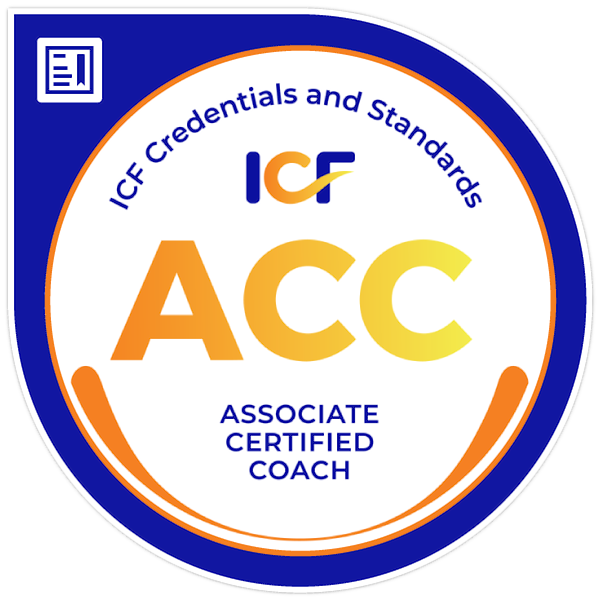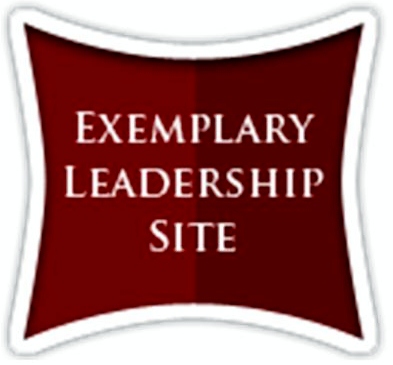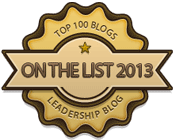|
This week's blog presents a summary of three key findings from recent research that can help you be a more successful remote leader (SRL). The terms remote leadership, virtual leadership, and e-leadership are currently used interchangeably in the literature. For simplicity, I will use the abbreviation SRL for the term successful remote leader throughout the blog. In a recent article* published in the Journal of Advanced Nursing, Anja Terkamo-Moisio1 and colleagues report on their findings from an integrative review of remote leadership. Their exhaustive search of thousands of articles was whittled down to 21 studies that met their criteria. Those studies researched IT firms, global business organizations, and the manufacturing industry. They were trying to find the answers to three questions:
Here are my top take-aways from their findings: 1) Common Characteristics of the SRL 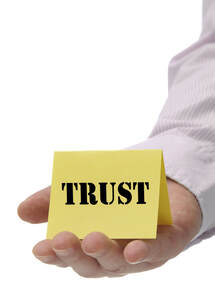 Under this question, the characteristics of the SRL could be expressed through three, intertwined themes: 1) Characteristics of the remote leader; 2) Trust and communication in the remote context; and 3) Fostering a team culture in a remote context. Characteristics It's no surprise that the research confirmed what we already intuitively know: SRLs have a relationship-focused leadership style with strong EQ qualities. Whether you're remote or not, in today's business environment, any leader needs these skills in order to be successful. Empathy, being a good listener—to include the ability to pick up on unspoken messages—and a transformational leadership style were all strong qualities of a successful remote leader. While other styles contributed to being an SRL, the transformational leadership style contributed the most. In addition, the SRL understands and appreciates employee’s expertise and the circumstances under which they work. This leads the SRL to extend greater employee autonomy and responsibility so that they can make their own independent, fast decisions. Other key characteristics of the SRL include the ability to define their own leadership role, strong management skills (such as creating a vision and goal-setting), being tech-savvy, and engaging in their own continuous learning and development. Trust & Communication Reciprocal trust was found to be more crucial in remote leadership than ‘traditional’, face-to-face leadership. However, trust-building in the remote environment is more difficult and the SRL must proactively dedicate time to trust-building. The skill of empathy from above was crucial to enhancing trust, along with a sense of justice. The SRL strives to create a psychologically safe environment. Other factors contributing to trust were the SRL's ability to focus, not just on the frequency of their communications, but on the quality of their communications and adjusting their communication style to specific audiences. Team Culture Finally, the SRL emphasizes seeing teamwork and collaboration as continuous development. They also avoid tightly defined roles and facilitates the creation of a common set of shared goals. 2) Enhancing the Leader-Team Relationship Based on the experiences of both leaders and employees, the leader-member relationship in the remote context can be enhanced by organizing regular FTF meetings, regular communication, clear communication policies and building positive team spirit in the remote context. 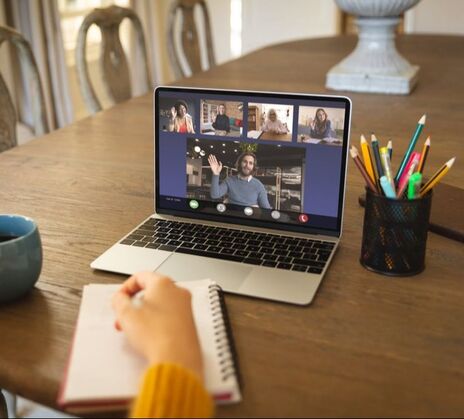 Regular face-to-face (FTF) meetings, both formal and informal, allow the SRL to check on their employees’ well-being as well as grasp the dynamics in teams. Those regular meetings give employees the opportunity to talk with collaboration partners and share personal experiences. When the SRL engages in the skills and strategies above while in these meetings, it strengthens the leader-employee relationship, strengthens relationships between team members, and is beneficial for reciprocal trust building and avoiding conflict. The authors recommend that the SRL should pursue the role of a mentor and facilitator to strengthen human relations and encourage employees to regard remote collaboration as a learning opportunity—all while striving to create a psychologically safe environment. 3) Challenges in Remote Leadership The researchers identified two areas of challenges of remote work and leadership: 1) Remote leader-related challenges and; 2) Remote team member-related challenges. Remote Leader Challenges A lack of organizational support represents a significant challenge for remote leaders. Leaders and employees may simultaneously work on different projects, which means that there is the strong possibility that they are focused on competing goals. The demands of a remote leader may not always be clear to an organization, with remote leaders perceiving this lack of clarity as a lack of support. Remote leaders have a need for numerous resources and devices along with education, networking, and flexibility. Without these, success can be challenging, if not impossible. Add to this the challenges of working in multiple places, from the home office to airplanes. These plus the imbalance between work and private life increases the risk of burnout and turnover. Many remote leaders miss the transition from the workplace to private life, finding a never-ending work overlap with their social-and family life. Remote Team Member Related Challenges Many remote workers report having worse working conditions than those who are in the office. Relational conflicts are easily exacerbated by remote work, as well. This is one cause of many remote workers reporting perceptions of workplace isolation—even if their leader conducts regular one-on-ones and meetings. Dissatisfaction with the leader, together with perceptions of a lack of support from the leader, influence employees’ turnover intentions. Set goals & action-plan These formal findings present an opportunity to review them with an open mind and growth mindset. For your convenience, the full study is available under an open-source license from Wiley below. From that space, you can dedicate time to reflect on your leadership skills, behaviors, and strategies—even seek feedback from others—and allow some time to let the findings percolate into goals and an action plan towards greater success. Coaching can help. Coaching gives you a safe and confidential space to work through issues such as these by helping you clarify the issues for you, setting goals, and strategizing your best path forward. Coaching can hep you increase your leadership effectiveness and help you to achieve success and greater fulfillment. Impactful change starts with a conversation! Schedule your free, one-hour session by clicking here: Discovery Conversation with Alan Or call or email me: Contact Page Have an amazing journey today! *Terkamo‐Moisio, A., Karki, S., Kangasniemi, M., Lammintakanen, J., & Häggman‐Laitila, A. (2022). Towards remote leadership in health care: Lessons learned from an integrative review. Journal of Advanced Nursing, 78(3), 595-608.
0 Comments
Leave a Reply. |
Alan Mikolaj
Alan Mikolaj is a a professional, experienced, positive, and passionate speaker, leadership and organizational development consultant, change agent, author, and coach. He holds his Master of Arts degree in Clinical Psychology from Sam Houston State University. He is a certified graduate coach from Coaching Out of the Box and holds his ACC and membership with the International Coaching Federation (ICF). Free Discovery Conversation!
Impactful change starts with a conversation! Schedule your free, one-hour session by clicking here: Discovery Conversation with Alan
Or call or email: Contact Page In his third book, A Travel Guide to Leadership, Alan offers you simple, fundamental, and powerful lessons that have the power to transform you, your relationships, and your career.

Blog Archives
July 2024
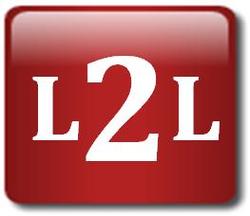
Linked2Leadership
Ranked #1 Business Blog! |
|
CONTACT
TEL: 346-291-0216 EMAIL: [email protected] SCHEDULE TIME WITH ALAN Free Discovery Conversation with Alan |



